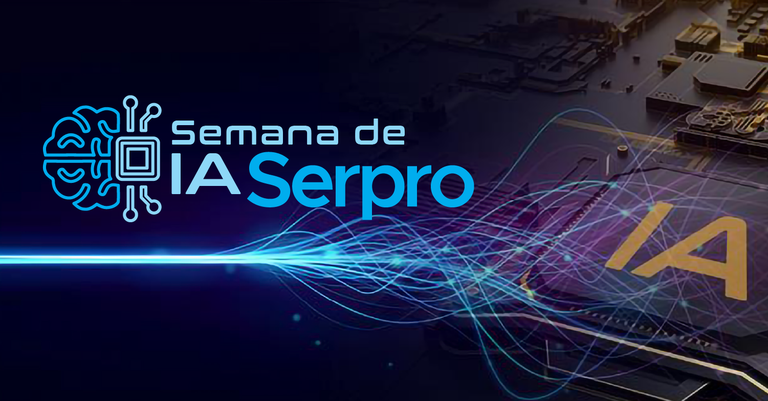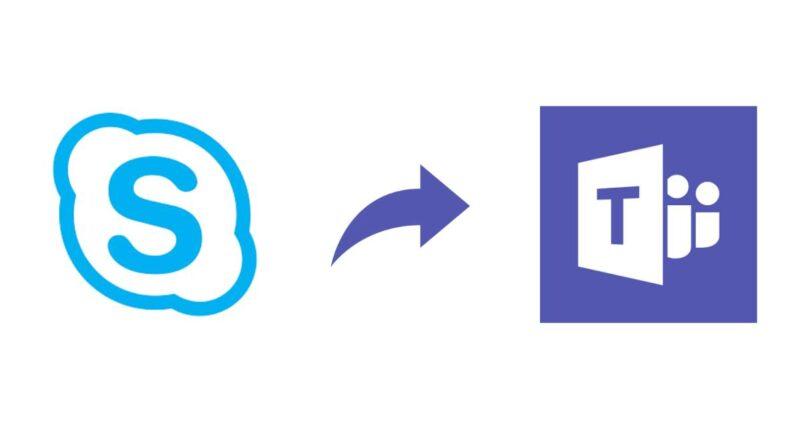
Hackers Invade Traffic Lights: A Warning About Digital Security
Recently, something quite curious happened in Palo Alto, California. A group of hackers managed to hack into pedestrian traffic lights, making them “talk.” But it wasn’t just any message. They programmed the system to imitate the voices of Elon Musk and Mark Zuckerberg, two of the biggest names in tech, and included sarcastic and humorous phrases. Of course, this caused many laughs among locals, but it also raised an important question: are we really safe using so much technology in our daily lives?
To better understand, let’s talk about how these traffic lights work. These devices were created to assist pedestrians, especially those with visual impairments, by emitting sounds or giving simple messages about when it’s safe to cross the street. However, the hackers found a way to control the system and change the messages. They exploited security flaws in devices connected to the internet, allowing them to modify the audio people were hearing. This type of invasion is not just amusing; it’s also a warning that something needs to be addressed.
The Risks of Connected Technology
Technology has been transforming our lives in incredible ways. For example, thanks to the Internet of Things (IoT), we can control our home’s temperature via our smartphones, turn on lights with voice commands, and even use more advanced security systems. It sounds like something out of a futuristic movie, doesn’t it? But while this is super convenient, there’s also a dangerous side: security. Many of these devices don’t have adequate protection systems and can be an easy target for hackers.
In the case of the Palo Alto traffic lights, hackers exploited a vulnerability in the system that lacked strong protection, such as robust passwords or encryption. It’s as if they opened the front door of a house without needing the key. And this problem isn’t exclusive to traffic lights. It can also happen with security cameras, smartwatches, and even cars connected to the internet. When this happens, hackers can do some serious harm, such as:
- Causing accidents: Imagine if they invaded traffic systems or autonomous cars. Lives could be at risk.
- Stealing personal data: Many of these devices store our information, such as addresses and even passwords.
- Shutting down vital services: In places that use technology to manage hospitals or energy supply, an attack could be catastrophic.
That’s why understanding more about digital security is not just for tech specialists. It’s something that affects all of us.
How Can We Prevent Invasions?
After hearing about this case, you might be wondering, “But what can be done to prevent this from happening?” The good news is that there are several ways to make devices safer. First, companies that manufacture these devices need to invest more in security. This includes creating systems that use complex passwords, encryption (a technique that protects communication), and, of course, frequently updating devices. After all, technology is always evolving, and so are hackers.
Additionally, governments can help by creating laws that require companies to prioritize security. For example, mandating that all connected devices have basic protection mechanisms before being sold. And, of course, we, as consumers, also play an important role. It doesn’t take much effort to change default passwords on devices and avoid unsecured public networks, does it?
What Do We Learn From This?
The case of the traffic lights in Palo Alto is a great example of how technology, despite being incredible, can also be vulnerable. It reminds us that the more connected we are, the more we need to think about security. In a way, it’s a warning to everyone: governments, companies, and ordinary people. After all, nobody wants a hacker to use their smart coffee maker to spread strange messages or, worse, cause more serious problems.
As we look to the future, it’s clear that the challenge isn’t just creating more advanced devices. It’s also ensuring that they are reliable and secure. And this is a team effort: advanced technology is exciting, but security is essential!
If there’s anything else you’d like me to improve or expand on, let me know!





